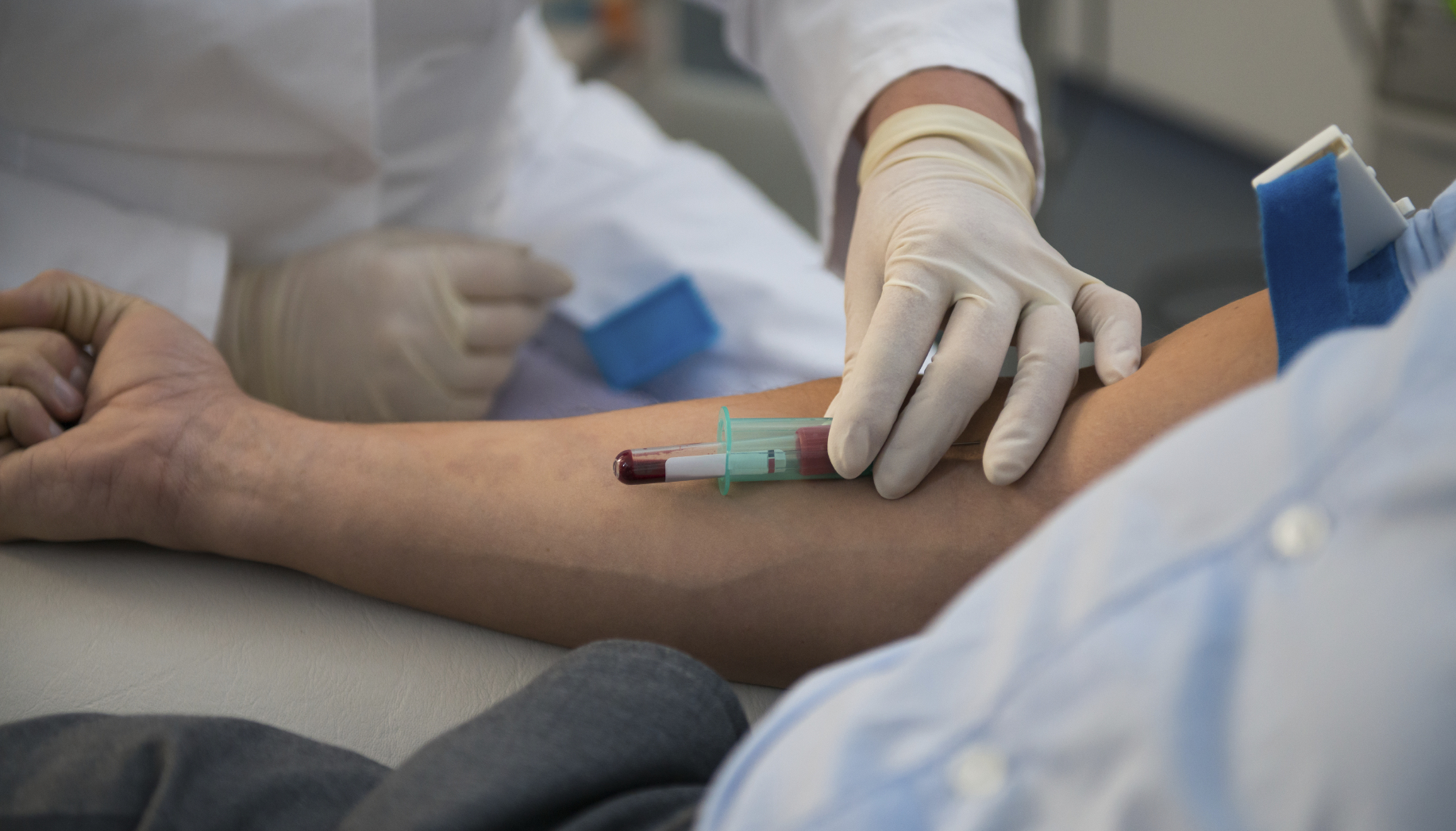Personalised treatments for leukaemia have moved a step closer after a breakthrough by British scientists.
All patients who have a type of slow growing blood cancer called Chronic lymphocytic leukaemia (CLL) are likely to share a network of genes, according to new research.
And the study, published in Nature Communications, also pinpointed some genes that help patients’ survival – providing a possible target for new drugs.
The discovery was made by researchers testing the feasibility of epigenetic analysis for clinical diagnostics and precision medicine.
Epigenetic changes – chemical alterations to DNA caused by external factors in the environment – occur in all cancers and in various other diseases.
They do not affect the DNA sequence of a cell but modify the activity of various proteins by ‘tagging’ different parts of the DNA.
It’s hoped the method can be applied in the clinic for specific diseases with epigenetic tests becoming widely used for selecting personalised treatments in cancer and other diseases.
In the study the UK team helped perform the first large-scale analysis of the ‘chromatin landscape’ – a combination of DNA and proteins – in human tumours.
They looked at 88 samples from 55 patients with CLL and found widespread heterogeneity – variability in the genes.
Professor Jonathan Strefford, of Southampton University, said: “Chronic lymphocytic leukemia (CLL) is the most common type of leukemia in the Western world characterised by remarkable clinical heterogeneity – with some patients pursuing an indolent course while others progress rapidly and require early treatment.
“Our study has been able to dissect the variability that exists in the epigenome of CLL patients and helped to identify disease-specific changes which will hopefully be informative for distinguishing disease subtypes or identifying suitable treatments.
“Epigenetics can offer a useful doorway into ways of improving disease diagnosis and more personalized treatment choices for patients.”
Although one of the rarest forms of cancer CCL is the most common type of leukaemia and the older you are the higher the chance you have of developing it.
Almost 80 per cent of all new cases are diagnosed in people over the age of 60.
It occurs more frequently in men than women, and because it develops slowly, many people don’t show symptoms in its early stages.
Prof Strefford said: “In summary, our study establishes a chromatin accessibility landscape of CLL and it identifies widespread regulatory heterogeneity.
“It also provides a resource that can act as a starting point for deeper dissection of chromatin regulation in CLL, identification of therapeutically relevant mechanisms and eventual translation of relevant discoveries into clinical practice.
“Given the chromatin profiling assays used here are sufficiently fast and straightforward for use in a clinical sequencing laboratory chromatin deregulation is becoming increasingly tractable as a promising source of biomarkers for stratified cancer therapy.”
Dr Matt Kaiser, of blood cancer charity Bloodwise which part-funded the research, said: “Chronic lymphocytic leukaemia develops at different rates in different patients and some will respond better to treatment than others.
“While testing for the presence of specific genetic faults is being developed to better predict a patient’s prognosis, it is clear that other biological factors influence outcome.
“This exciting study shows how looking at the bigger genetic picture – the broader spectrum of how genes behave and interact in the cancer cells – could be integrated to more accurately tailor treatment plans for individual patients.”




